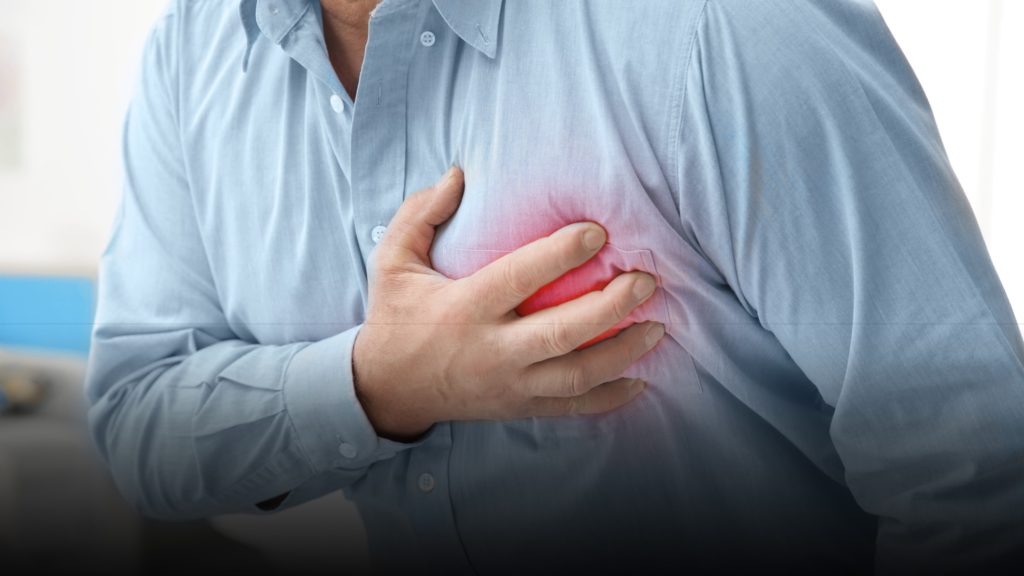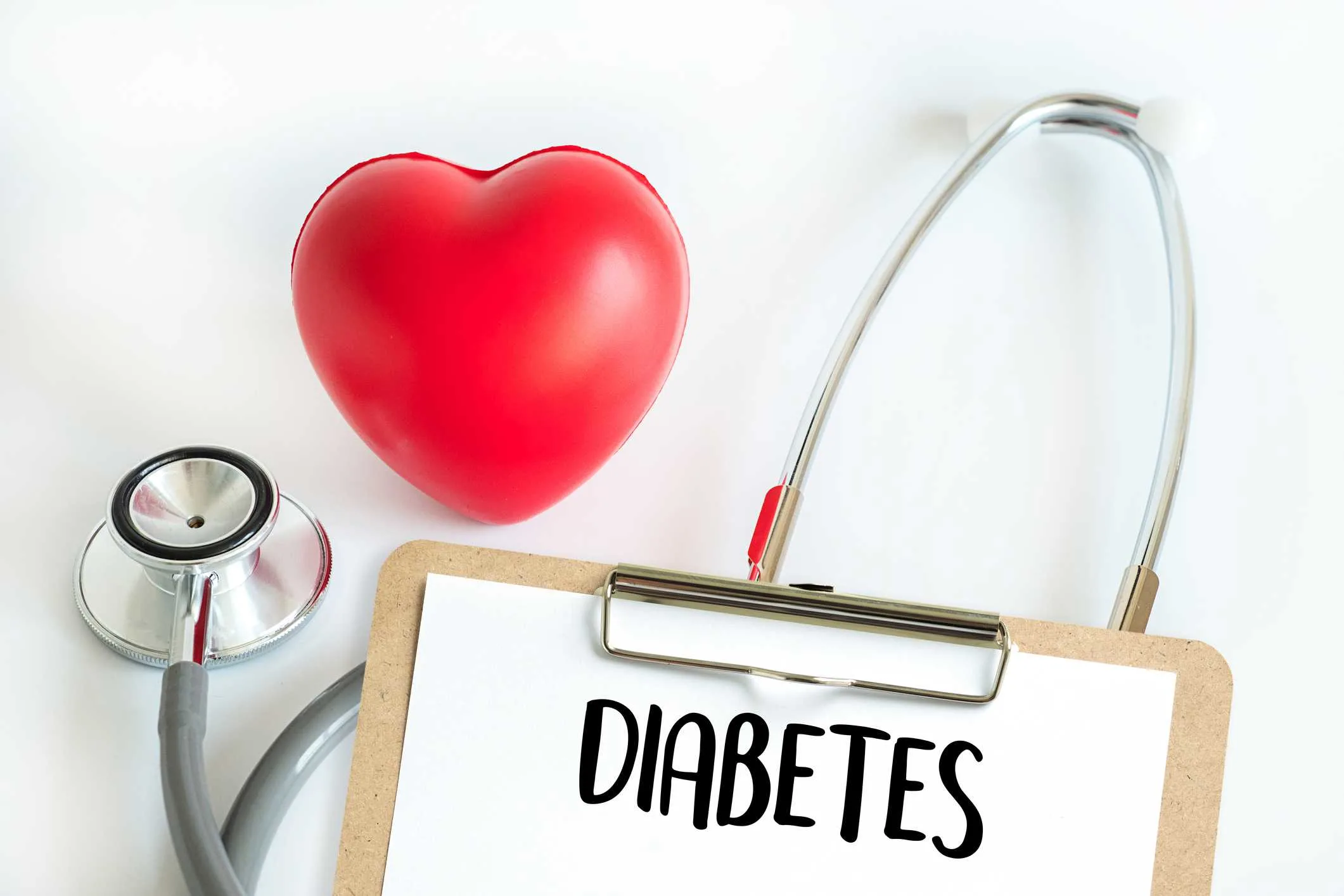
Heartbeat refers to the pulsation of the heart that occurs when the heart muscles contract in order to pump blood to all the organs. With each heartbeat, an electrical signal is emitted from the atria (the upper chambers of the heart) to the ventricles (the lower chambers of the heart). Heart blocks occur when these electrical signals are either delayed or stopped.
What are the types of heart block?
A partial heart block occurs when these electrical signals are transmitted at a lower frequency than usual. When these electrical signals stop altogether it causes the heartbeat to drop significantly leading to a complete heart block.
What are the symptoms of heart block?
The symptoms that a person plagued by heart block displays differs from one individual to another. To a large extent, this also depends on the type of heart block one is suffering from. Some of the most common symptoms of heart block are listed below:
- Chest Pain: Heart blocks are often mistaken for heart attacks because of this prominent symptom. Since the electrical impulses are either delayed or stopped, the “message” to pump blood to the rest of the body gets lost in translation leading to chest pain.
- Dizziness: Since blood doesn’t get pumped to the rest of the body, the various organs that are reliant on the pulsation of the heart do not receive sufficient oxygen leading to dizziness.
- Fatigue: Owing to the lowered levels of oxygen individuals suffering from heart block tend to experience severe fatigue.
- Nausea: Lack of ana active oxygen flow to the body causes individuals suffering from a heart block feel extremely nauseous.
- Hyperventilation: Victims of heart block experience a shortness of breath leading to hyperventilation.
- Fainting: Certain extreme cases of heart block lead to loss of consciousness.
- Cardiac Arrest: Extreme cases of heart block might even lead to a cardiac arrest which requires immediate medical attention.
- Severe Tiredness: Due to the lack of oxygen via blood flow to the rest of the body, individuals suffering from heart block experience severe tiredness.
If at all you observe any of these symptoms make sure to seek immediate medical attention. You can even turn to online doctors for quicker consultation.
What preventive measures can I take against heart block?
While pretty much anybody is susceptible to heart block, it is more common amongst the elderly as the degeneration of the heart tissue that comes with aging is also a major contributor to heart blocks. Here is a list of things you can follow to ensure you keep heart block at bay:
- Reduce the amount of alcohol you consume.
- Switch from a sedentary lifestyle to a more robust, active lifestyle
- Consciously attempt not to stress yourself out
- Maintain an optimal BMI
- Restrict excessive consumption of sugar and salt
- Quit smoking
Medical emergencies have a way of catching us off guard. Timely and regular check-ups can help detect medical abnormalities at it’s earliest stage. Book your appointment with online doctors today to seek their opinion on your cardiac health.








